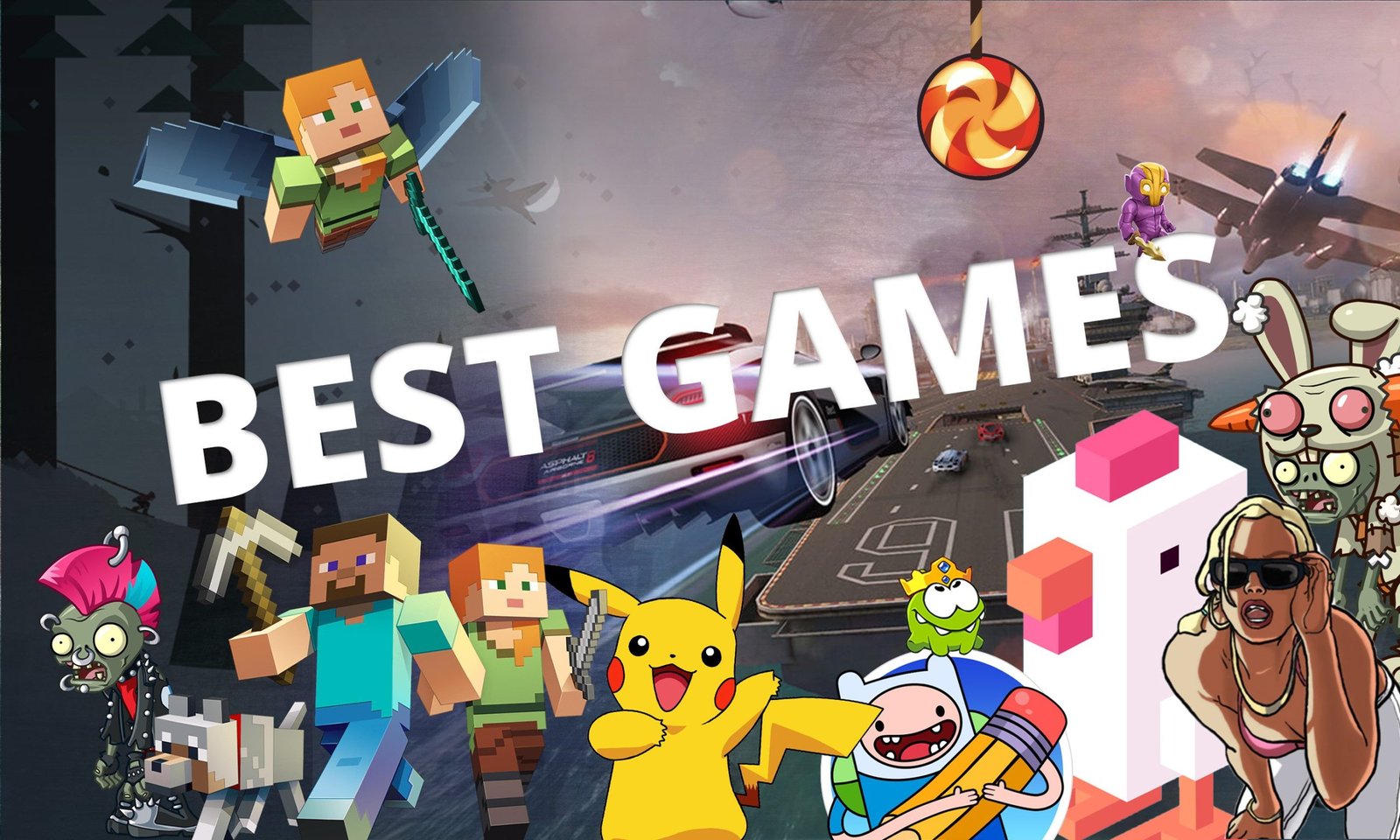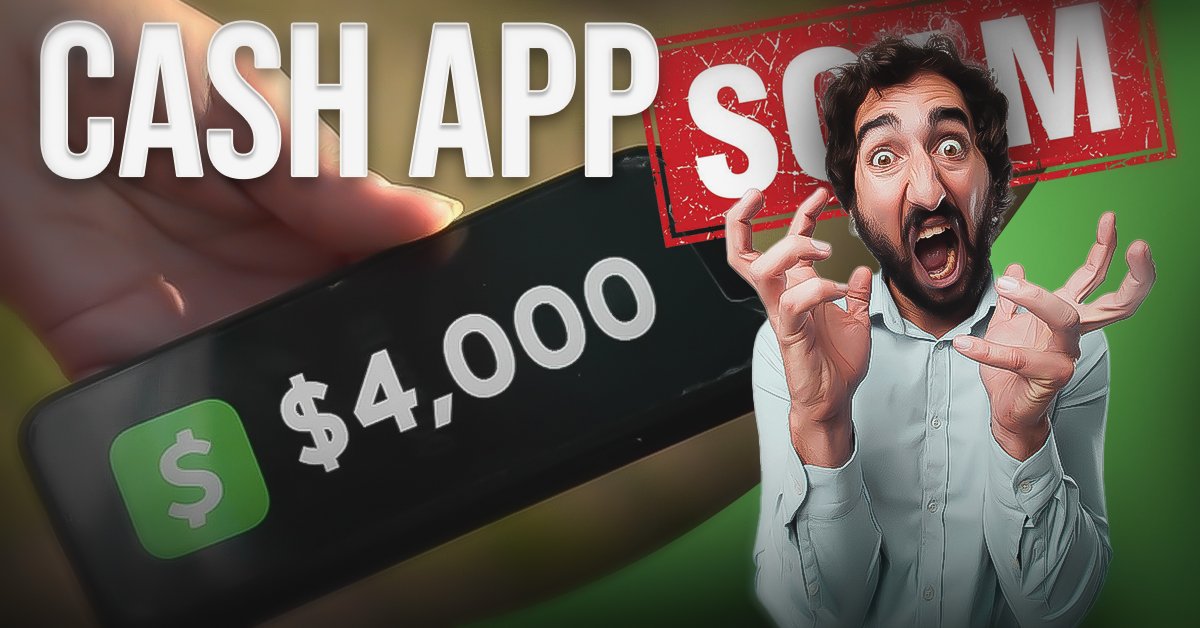5 Tips to Create a Popular Multiplayer Game


Online games have shown tremendous growth in the last few years. The global gaming industry generated over $150 billion as a result of intense gameplay last year.
One of the trends that contributed significantly to the growth of games is the multiplayer element. Instead of playing alongside AI-controlled opponents, you are up against plans and strategies created by another human being. This ingredient of human rivalry makes multiplayer games like World of Warcraft and Fortnite more appealing and competitive in the eyes of the masses.
However, multiplayer games present a lot more challenges than single-player titles. The issues are mostly technological, but multiplayer games also struggle because of social fears and low retention rates. Even minor errors can result in glitches and in-game lags when thousands of users are playing online.
Despite the challenges, multiplayer games have come a long way, thanks to the game building platforms and ubiquitous internet penetration. Even people without any coding experience can now create fun and engaging multiplayer games. If you are someone who wants to create your own game without resorting to deep programming, here are the tips you need to follow.
Table of Contents
1.Pick the right genre:
All popular multiplayer games fall into a specific genre. Before you begin with game development, decide the game-type, and analyze other games in the same genre. Some common genres are:
- Puzzles
- Arcade
- Shooters
- Survival
- Racing
- Fighters
- Adventures
Your game should fit into one of these genres or any other that you have in mind. Once you finalize the genre for your game, you can begin working on the right platform.
2.Choose the right platform:
One factor that significantly impacts a game is the platform on which it is developed. The platform dictates gameplay and the way it is controlled. For instance, mobile games are mostly touch-based, while PC games make use of a keyboard and mouse. You will also need to decide whether you want to develop a game for iPhone or Android devices (or both) since both have different requirements.
3.Produce a basic description:
Before you begin developing your game, it is essential to have a clear idea about what you want the players to achieve with it. List down all the features that will set your game apart from others in the niche. Write down an outline of what you want to do with the game so that you can refer to it later in the game development stage.
Also, draw a basic sketch that visualizes various screens in the game. This does not have to be detail-intensive, but you should have some idea about the elements that you want to place on the screen. Simple tasks like these will be useful when you start creating an interface for the game.
4.Choose the right hosting option:
When building a multiplayer game, you can adopt two different approaches.
- Authoritative
- Non-authoritative
Authoritative Model:
In the authoritative approach, you will need a central entity called an authoritative server to host the game. Every user connected to the authoritative server constantly sends their data to the server, which updates the game state after checking the information. For instance, if a client moves from one point to another, the server receives this information, verifies it, and later updates its game state.
Non-authoritative Model:
In the non-authoritative approach, you use something called a “peer to peer” connection where the players host the game. Since there is no central server, every peer controls its game state. Instead, the P2P model features a signaling server that sends a signal to the internet to let gamers know where to connect based on their location, what games they are playing, and communicates other relevant information.
Once the player is connected to the signaling server, they are sorted into groups with one member acting as a host. This allows the players to send and receive data from each other without an authoritative server getting involved.
For multiplayer games, it is recommended to have an authoritative server to minimize the chances of cheating. It is more secure because the server controls the game state and can block suspicious messages. The central server also performs calculations for important events (e.g., players’ movement, navigation, etc.) in the game, so there is less chance of foul play from clients.
5.Choose the right game engine:
Not long ago, game developers would need to learn different programming languages to create games. While it is still in practice, there are ways to develop games without writing a single line of code. There are numerous gaming engines that make game development easier and cheaper than ever. Below is a list of the popular game engine you can use to develop your multiplayer game.
- Unity: Unity is a multi-platform engine that allows gamers to build interactive games with ease. Quality content, excellent function, and the ability to create any type of game make Unity a popular game engine among developers. The Personal Edition is available to download for free while the Professional Edition requires users to pay a monthly fee.
- Godot: The Godot engine provides a huge set of tools that makes it great for 2D and 3D games. It has an active community that develops new features, fixes bugs, and address all sorts of Godot-related issues. Best of all, it is open-source and free for everyone.
- AppGameKit: If you are a beginner or a hobbyist, you will need an easy to learn the game engine. The games developed with AppGameKit can be shared across various platforms, including Linux, iPhone, Windows, Android, HTML 5 browsers, and macOS, among others. The kit costs $79.99, and you can always bundle it with add-ons to save some money.
- Clickteam Fusion: If you are looking for an easy-to-use platform for game development, Fusion is the right engine for you. It features a library of graphics that can be used to develop interactive multiplayer games. You can consult assessments like Airg Reviews to confirm the quality of graphics and level of interaction that the games provide. Fusion has a free version and a full version starting at $49.99.
Conclusion:
Developing a multiplayer game is a challenging yet exciting task. The technological advances have made it easier for novel developers to create impressive multiplayer games. However, it is possible to face glitches on various levels during the development process. A good idea to handle the errors is to have a solid plan and to be always ready for potential technical issues that could arise.





